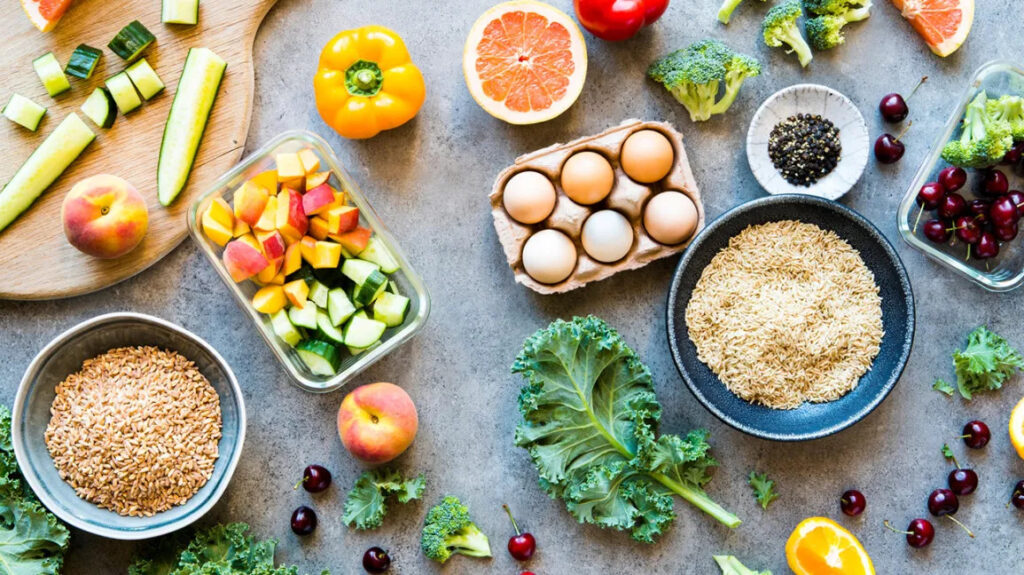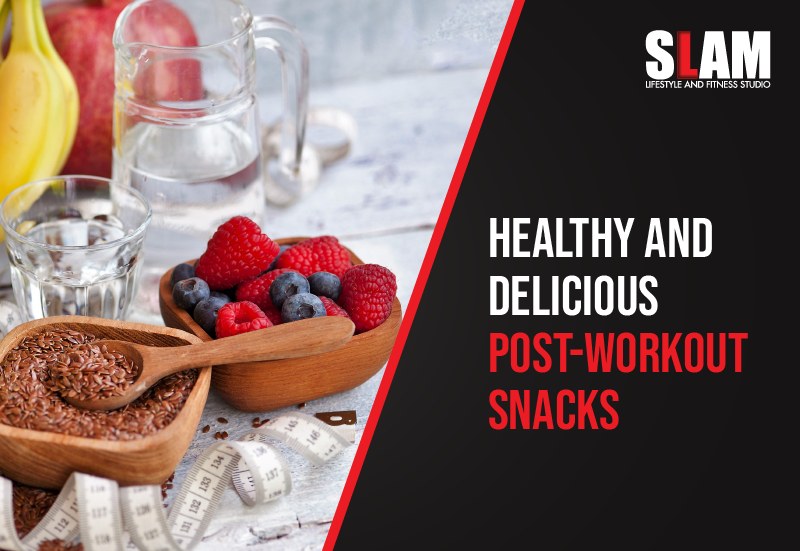Introduction :
You know how challenging it may be if you have ever attempted to gain muscle. It’s not just about spending a lot of time in the gym; you also need to eat well. Unfortunately, many individuals are unaware of how to accomplish this properly or even where to begin when creating meals that can help grow muscle.
Fortunately, the following list of 10 guidelines will help you maximise your dietary intake and increase your physical fitness gains:
The only method to gain muscle is to eat foods that are appropriate for your goals and degree of activity.You must consume food.That’s it.
You’re right if you think it seems too straightforward; gaining muscle isn’t nearly as simple as simply eating whatever we feel.If we want our efforts in the gym to be successful, there are a few rules and best practices to follow.

Focus on Protein :
Building muscles requires a diet high in protein. Protein is a good energy source and prolongs your feeling of fullness while it aids in muscle repair and growth. Optimizing your protein intake can be helpful even if you’re not aiming to gain weight or bulk up; it’s not just for bodybuilders.
The Academy of Nutrition and Dietetics (AND) states that the current daily protein recommendation is 0.8 grammes per kilogramme (2.2 pounds) of body weight. Therefore, a 160-pound person would typically consume 50 grammes each day.
This number, however, might be greater if you routinely put in a lot of effort at the gym, depending on how much exercise you get each day:
AND advises athletes who engage in resistance training three times per week, cardio four times per week, and additional strength training on non-training days to consume closer to 1 gramme per pound daily.
Focus On Carbs :
A macronutrient made up of carbon, hydrogen, and oxygen is called a carbohydrate. They come from either complex carbohydrates or simple sugars (monosaccharides) (polysaccharides).
The body uses carbohydrates as its main energy source, which are present in foods, including fruit, vegetables, grains, and dairy products. Your brain, neurological system, and hormone production all depend on carbohydrates.
Depending on how active you are, carbohydrates should make up most of your diet’s calories, ranging from 45% to 65%. However, there is some controversy about whether eating more or fewer carbohydrates is preferable.
Hydrate :
To maximise muscular growth, you must maintain a healthy body weight and drink adequate water. It’s crucial to consume at least 1.5L of water each day, but if you’re active or the weather is hot, aim for 2L or more.
The best course of action would be for you to make an effort to hydrate yourself before, during, and after your training session. This helps prevent dehydration, which can cause weariness and hinder muscle recovery.
Bottom line: increase your water intake! Additionally, remember that thirst is not always a reliable indicator of how ‘much liquids you need; instead, refer to the following chart.

Pack on the veggies :
There is no avoiding the fact that protein is crucial for muscular building.
But eating enough carbohydrates, fat, and fibre is equally crucial if you want to gain lean muscle and maximise your results. Consuming at least a cup of veggies with each meal is required.
There are several types of carbohydrates, therefore, it’s important to have more than just starchy (or “complex”) carbohydrates in your diet.
Make sure to consume at least one serving each of leafy greens, cruciferous vegetables (such as broccoli or cauliflower), and starchy vegetables (potatoes are excellent) each day.
Divide it up :
It’s time to decide how to divide those calories once you’ve established how much you need.
Protein, carbohydrates, and fat comprise the three components of your daily calorie intake. Divide them proportionally if you know the proportion of each nutrient that should be included in your diet (for example, if your coach or trainer has provided you with these figures).
If not, split them evenly between all categories—so that 25% of your daily intake would go toward protein, 25% toward carbohydrates, and 50% toward fats—and utilise these recommendations as a starting point for subsequent customisation.
Skip the sugary drinks :
When gaining muscle, people’s biggest error is believing they can eat whatever they want. You shouldn’t consume a lot of sugar because it is bad for your health and can hinder your efforts to gain muscle.
According to Dr Desai, sugary drinks provide empty calories and should be avoided. They are also linked to diabetes, heart disease, and weight gain.
Don’t be afraid of fat :
A healthy diet must include fat, but it’s important to choose the right sort like any food group.
Salmon and avocado are two examples of foods high in healthy fats that give you monounsaturated and omega-3 fatty acids. These may make you feel satisfied for longer, enabling you to eat less and maintain your lean body mass.
Furthermore, compared to carbs or protein (the other two macronutrients), fat normally burns more slowly, maintaining a stable blood sugar level throughout the day.
—so that your body can use the energy more easily rather than storing it as body fat.
While discussing dietary changes that may improve your performance on the field, don’t be afraid to eat more saturated fat.
Our society has conditioned us over time into believing that saturated fats are bad news for heart health; however, not only do they not cause heart disease—they contain positive health benefits such as boosting brain function while reducing inflammation caused by chronic diseases such as type 2 diabetes or cardiovascular disease.”
Make every snack a protein shake or bar:

Protein shakes and bars are not only convenient and simple to make, but they are also a good dose of protein, which is crucial for assisting in muscle growth.
A shake or bar will also work if you’re trying to increase the amount of fibre in your diet.
You may even get supplements with extra vitamins and minerals to help your body recuperate from workouts.
Eat a variety of foods and stay away from processed foods:
One benefit of a varied diet is that it enables you to develop muscle in the right amounts. Consequently, you can consume more protein when your body needs it and fewer carbohydrates when it doesn’t.
A wide variety of nutrients can also help your body stay in better general health and provide you with the energy you need to get through workouts without getting tired or ill.
Additionally, if you aren’t experiencing hunger pains or digestive issues as a result of undigested food being in your gut for an extended period of time, you’ll function better on any given day.
Processed foods aren’t great for anyone’s health. Still, for people who want bigger muscles, even more so than many others (because extra calories mean extra muscle growth), it’s essential that these products are avoided entirely or at least minimised as much as possible when trying out new foods at restaurants or grocery stores.
Enjoy your food :
The fact that you shouldn’t deny yourself food is among the most crucial things to keep in mind. If you do, your body will have a panic attack and begin storing as many calories as possible for later usage.
This implies that once you give in and eat something, it will be difficult to stop and will prevent you from losing weight (and growing muscle).
Instead of viewing food as a threat or the root of all your troubles, consider it as nourishment for your body.
Don’t overindulge just because something appears appetising or tastes excellent; instead, eat when you’re hungry and quit when you’re full.
Eating junk food occasionally is acceptable, but if it constitutes a large portion of your diet, it is advised that you look for healthier alternatives (like fresh fruit).
Consider making more meals at home using healthy components like vegetables and fruits instead of red meat if dining out frequently doesn’t fit well with your schedule (which can contain high amounts of saturated fat).

Conclusion :
Take these recommendations seriously and obey them; they will be of assistance to you. Adjust your diet until it works if you do not see benefits.
Don’t lose patience if things don’t go according to plan at first because gaining muscle is a marathon, not a sprint. Just keep exercising hard because it will eventually pay off handsomely with greater muscles than ever before if you have the patience and time to wait.



